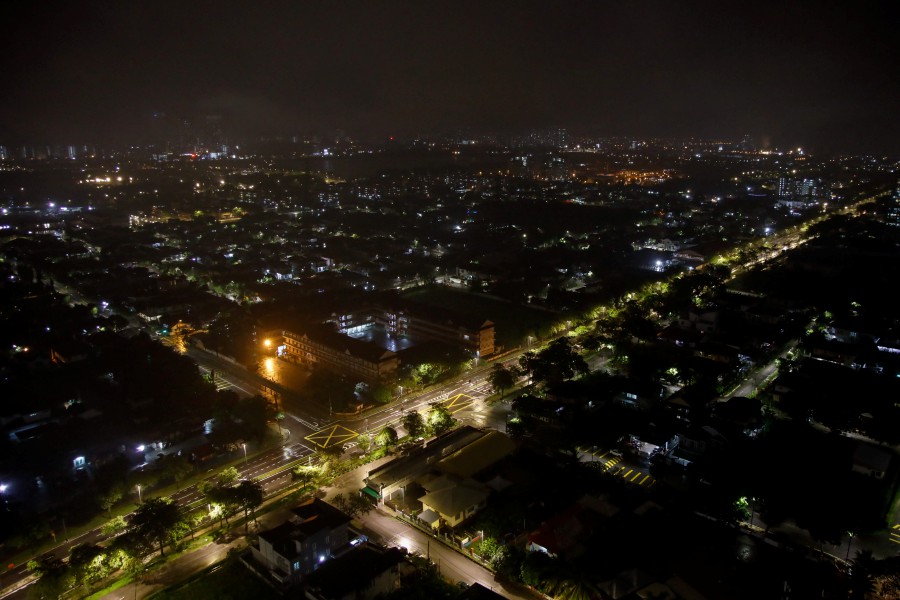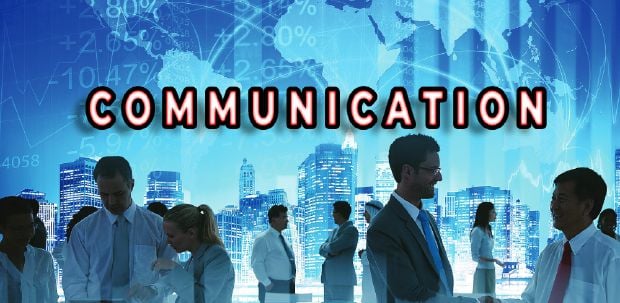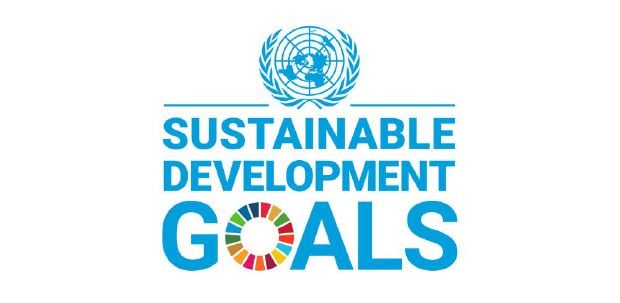All over the world, pundits are forecasting how the world will turn out to be at the end of this global pandemic.
Analyses abound on ways capitalism should be reshaped, especially existing economic models impact on the lives of billions of people.
Sustainability, driven by new living habits compounded by massive investments in green technologies, including new forms of public transportations, could have a real shot at transforming the way we live. For Malaysia, heavily dependent on oil, this could herald a change driven by a new mass consciousness becoming more appreciative of the finite resources available on the planet.
Citizens might finally realise that the prevailing fossil fuel driven economy that determines so much of their daily lives has immense, negative consequences. Driving your car to work might be the only timely efficient way of commuting but you should be cognisant of the taxing cost this action has on the planet. We need bolder governmental action able to formulate a new strategic vision that embeds the fight against climate change at its core, setting the foundations for a more sustainable economy.
Malaysia should therefore rethink all its strategies to truly kick off an economic revolution to ensure the country will be in more solid footing while dealing with climate change. For EU, after being massively hit by Covid-19, members have been working on a massive reconstruction plan that put the so called "New Green Deal" at its core.
There, airlines are going to be bailed out only if they agree to become more environmentally efficient with the French government willing to reinvest in Air France only if the company will turn into the most sustainable airline in the world. For Austrian Airlines, the economic aid will be conditional to ambitious environmental standards. The Dutch government has been forced by national Supreme Court, deliberating on a suit brought by a local environmentalist group, to massively cut its carbon emissions and only few days ago it has presented an ambitious €3 billion green investment plan.
Malaysia should follow by rethinking its economic model out of sheer national interests in terms of massive investments in effective green technologies that will be seriously transformative rather than those perpetuating the dependence on fossil and mining as recently revealed in the eye opening documentary The Planet of the Humans.
A different, more ambitious approach Malaysia should adopt because the crisis is showing once more that the current architecture of Asean regional integration is falling short to the challenge posed by the pandemic. Malaysia should reinvent its economy but also to make sure that the member nations also undertake a transformative rethinking of theirs.
In this scenario, the pursuit of the Sustainable Development Goals should really become the overarching priority guiding Asean. From now onwards every single decision and action, domestically and regionally, should be linked to and measured according to its impact in relation to the achievements of the goals.
Unfortunately two recent reports, the Economic and Social Survey of Asia and the Pacific 2020: Towards sustainable economies and The Asia and the Pacific SDG Progress Report 2020 are proving how the region are far off in achieving most of the goals. Reversing this will require setting aside the usual top down way of national planning.
We need bottom up solutions, public debates at local levels, involving citizens, the private sector and the learning institutions, unleashing their creativity and ingenuity. A new narrative about a different life style and more sustainable economic patterns will only succeed if it is fully internalised in the citizens 'consciousness through their civic engagement, giving the broader society a voice and a role to play.
According to the Asian Development Outlook (ADO) 2020: What Drives Innovation in Asia? just released by the Asian Development Bank, the region's economic growth will ma
ssively drop this year but should recover to a healthy 6.2 per cent in 2021, meaning resources will also be available for the government to take bold actions nationally and within the Asean framework.
In a time of crisis like now, Malaysia must have the resolve and leadership to step forward and be bold. In order to thrive, the country and its people need to get out of their comfort zones and act decisively also in the common interest of all citizens of the region.
The writer is the Co-Founder of ENGAGE, an NGO partnering with youths to promote social inclusion, sustainable development and youth empowerment. He can be reached at [email protected]
The views expressed in this article are the author's own and do not necessarily reflect those of the New Straits Times







